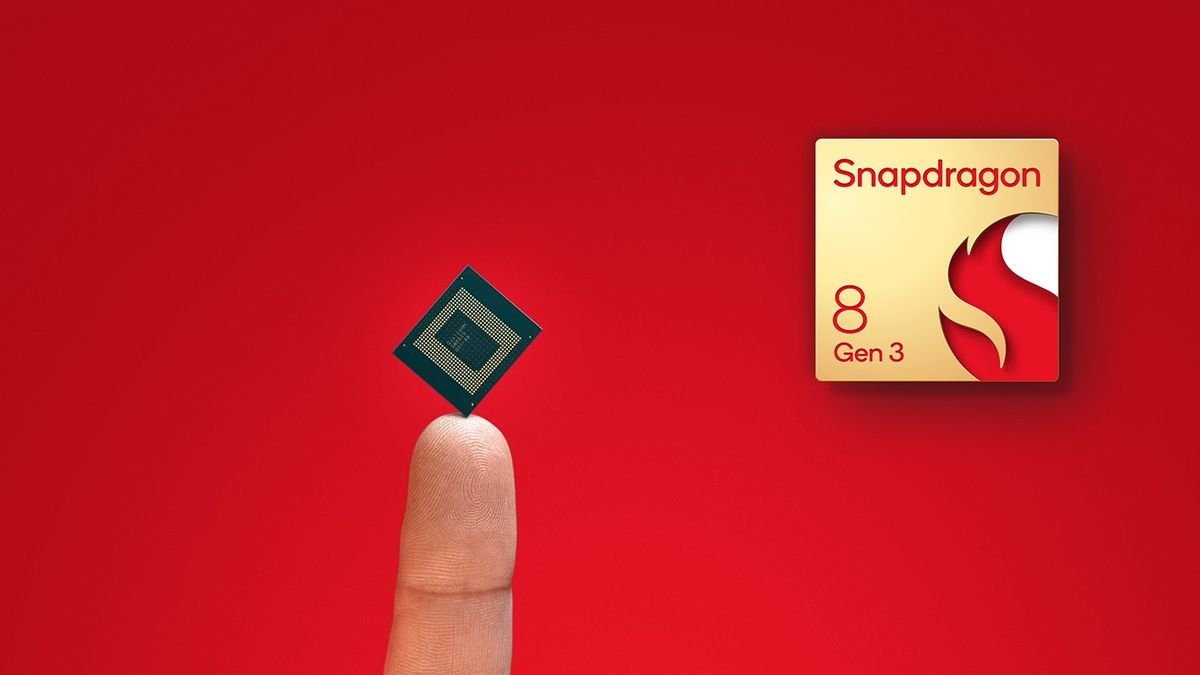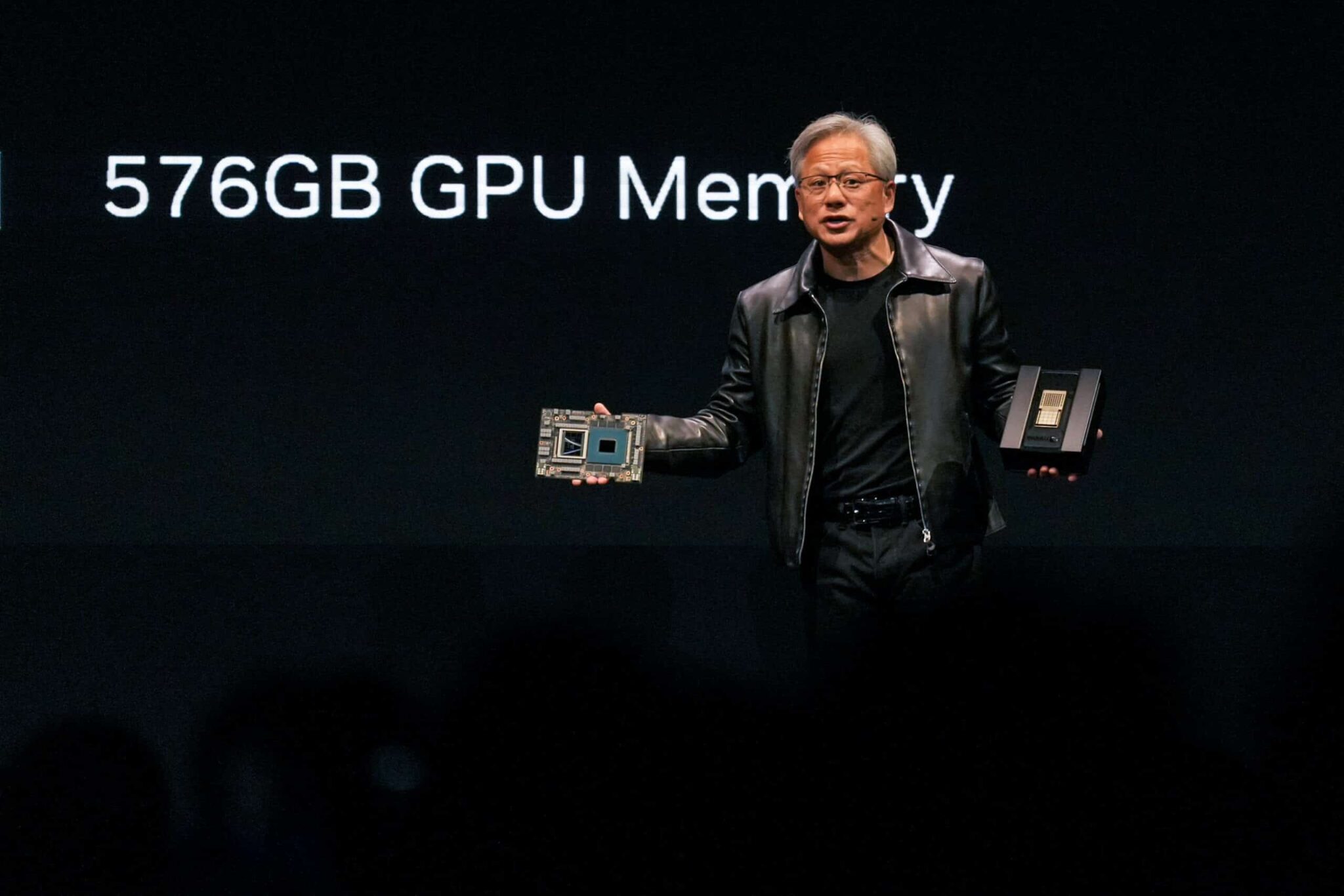Chipmaker Qualcomm is showcasing a range of innovative AI-powered features at Mobile World Congress 2024. These tools have the potential to revolutionize the way Android users interact with their smartphones, bringing new levels of creativity and convenience.
Key Highlights:
- Effortless Image Expansion: Expand the borders of existing photos using generative AI.
- AI-Powered Video Generation: Transform imagination into video clips with text-guided AI video generation.
- Enhanced Performance and Efficiency: Cutting-edge AI technologies offer performance gains while managing power consumption.
What’s New
Qualcomm’s advancements in AI for Android phones are driven by its goal of bringing desktop-quality AI experiences to mobile devices. One highlight is an AI-based image assistant that allows users to expand photos seamlessly, filling in missing areas with realistic details generated by AI. This has numerous potential applications, from restoring old photos to enhancing the composition of your favorite images.
Another exciting feature is the potential for AI-powered video generation. This tool could turn simple text prompts into vibrant video clips, opening up possibilities for creative expression and unique content generation. Qualcomm sees incredible potential in this technology, especially considering tools like OpenAI’s Sora.
Efficiency at the Core
While bringing these powerful tools to smartphones, Qualcomm has emphasized the importance of efficiency. Its latest AI advancements are designed to optimize performance while managing battery life. To achieve this, the company is leveraging a technique called LoRA distillation, which significantly reduces the memory and processing requirements for complex AI models. This technique has become an ideal way to implement generative AI like Stable Diffusion on phones.
AI in the Real World: Use Cases
- Enhanced Photo Editing: AI-powered tools could analyze and suggest smart edits to your photos. This could include automatic adjustments for lighting and color, smart cropping, or even the removal of unwanted objects and blemishes.
- Personalized Content Suggestions: AI-based systems could learn your preferences over time, suggesting apps, music, or other content tailored to your specific interests.
- Improved Language Translation: Real-time translation could become faster and even more accurate with AI advancements, breaking down language barriers and making communication easier across the globe.
The Competition
- MediaTek’s AI Ambitions: Qualcomm’s rival, MediaTek, is also investing heavily in AI for smartphones. Their Dimensity 9300 chip boasts similar technologies, highlighting the growing significance of AI in the mobile chipset race.
- Apple’s Neural Engine: Apple’s iPhones have long included dedicated ‘Neural Engines’ for hardware-accelerated AI tasks. The ongoing advancements between chipmakers and Apple could lead to even more groundbreaking AI capabilities for mobile users.
The Future of Android AI
The AI-powered features demonstrated by Qualcomm showcase its commitment to pushing the boundaries of mobile technology. Some of these capabilities have already made an appearance on select devices like the Samsung Galaxy S24 Ultra, giving us a glimpse of the possibilities to come.
Qualcomm’s vision for AI has the potential to redefine the Android experience. The ability to generate unique content, restore and enhance images with ease, and benefit from performance gains powered by AI could transform smartphones into even more powerful personal tools. While it remains to be seen how widely these features will be adopted and integrated, the future of AI on Android phones looks incredibly promising.






























